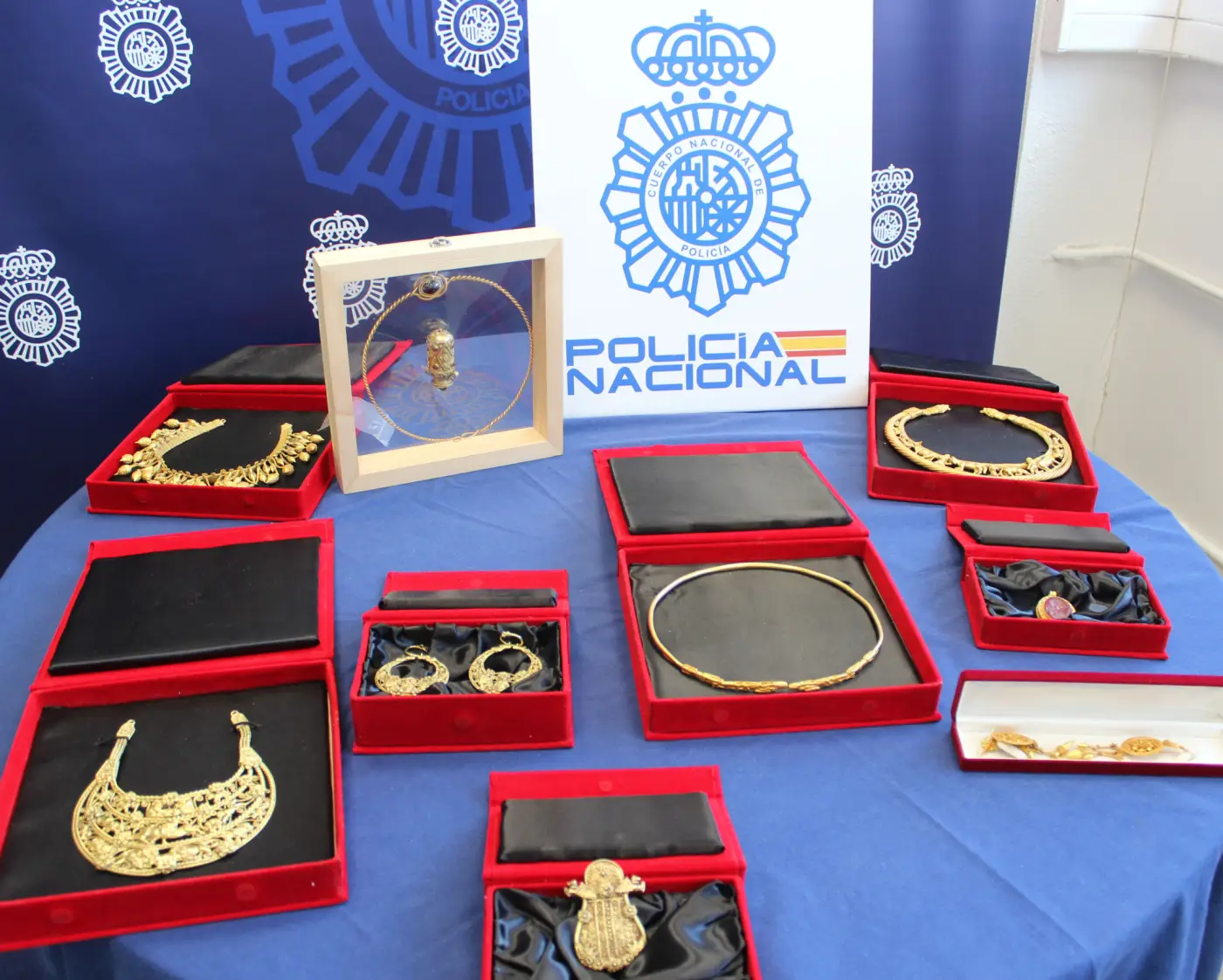
Interpol has announced the results from its latest iteration of the ongoing Operation Pandora, an international effort led by the Spanish Guardia Civil to stop the illegal trafficking of cultural goods. The eighth edition, Pandora VIII, saw customs and law enforcement from 25 countries make 85 arrests and recover over 6,400 items from being trafficked. This number is likely to rise, as 113 criminal and 137 administrative cases are not yet resolved.
Launched in 2016, Operation Pandora is an annual international effort supported by Interpol and Europol that relies on a network of information shared between 24 participating countries from across Europe. Thousands of checks are made at border crossings, including airports and seaports, auction houses, museums, and online. Last year, Pandora VII led to 60 arrests and the recovery of 11,049 stolen artifacts.
Over the past year, this international vigilance has resulted in the recovery of some important cultural goods. For example, the police forces in Spain and Ukraine collaborated on the recovery of 11 pieces of Scythian gold jewelery that were being smuggled into Spain as part of a money laundering operation and are valued at over €60 million ($65 million).
Some ancient amphorae that were seized in Greece as part of Operation Pandora VIII. Photo courtesy of Interpol.
One major coup occurred in Greece, where the Hellenic police recovered a total of 43 ancient amphorae across two investigations and arrests.
Many precious treasures were retrieved while in transit. Bulgaria’s Customs Agency seized 432 ancient coins that were traveling between Turkey and France. At Charles de Gaulle airport in Paris, French authorities were able to prevent the illegal export of a painting by the Vietnamese artist Mai Thứ that is work nearly €170,000 ($185,000).
Online vigilance led to the recovery of a 19th century wooden iconostatis that had been stolen from a Romanian church. In Italy, the Carabinieri’s online checks helped them to secure the return of a contemporary artwork that, if authentic, may be work some €150,000 ($163,000), and to also seize some 2,000 ancient items, including Neolithic arrowheads and ceramic artifacts.